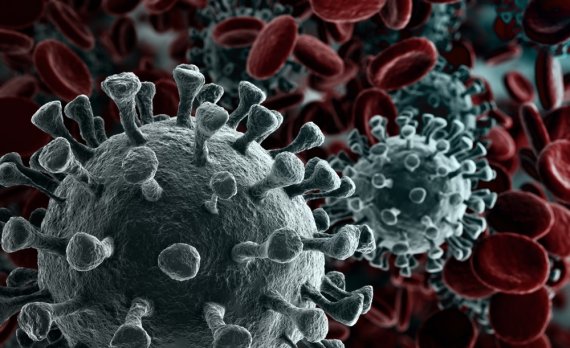Kortekaas is extraordinary professor Veterinary Arbovirologist at Wageningen Bioveterinary Research in Lelystad.
How do you develop a vaccine?
‘Traditionally, you would develop the virus in laboratory conditions, deactivate it and then inject it, along with a substance that activates the immune system. This is a relatively fast method, provided the virus can be cultivated. As far as I know, this method is not applied to the coronavirus.’
What method is used?
‘There are many different modern methods to develop vaccines. The Coalition for Epidemic Preparedness Innovations (CEPI), a collaboration between governments and philanthropic institutes, was founded in 2017. The CEPI funds the new technologies for the development of vaccines and has now provided funding for three projects striving to create a vaccine for the coronavirus.
The first project is a DNA vaccine. A string of DNA that codes for the virus’ protein is developed and used as a vaccine. The body will then develop the foreign protein, causing an immune reaction. The second, similar method is based on RNA.
The coronavirus provides us with a nice test-case on how to get a vaccine to market in the shortest possible time
Jeroen Kortekaas
The third is a so-called subunit vaccine. The virus protein is cultivated in a lab and subsequently injected. A fourth project, using a living but attenuated virus that brings a protein in the coronavirus to expression, is likely to be launched as well. This method is called a vector vaccine.’
What is the difference? ‘All three are synthetic processes, each with their pros and cons. One method may be faster but less effective; the other slower but more effective. The coronavirus provides us with a nice test-case on how to get a vaccine to market in the shortest possible time.’
How long is long?
‘Experts believe it will take a year. The CEPI aims to develop a vaccine within four months of identifying a virus. But that isn’t all. Acceptance of a vaccine by authorities is a crucial factor. When can it be applied to humans? Normally, the admissions procedure takes years. Time we don’t have now.’
What method is the most likely to succeed?
‘I believe a vaccine for which a similar vaccine is already in advanced stages of development has the highest probability of success. That would be the vector vaccine, for example.’
Are you worried about the coronavirus?
‘No, I’m not very worried. The virulence, the number of fatalities, seems to be modest. However, the virus is rather contagious and spreads easily. The first coronavirus to affect humans, SARS (Severe Acute Respiratory Syndrome), faded out, in the sense that the outbreak was under control relatively fast, thanks to international collaboration. MERS (Middle East Respiratory Syndrome), which was even deadlier, followed soon after. It was just a question of time for the next virus to come along.’

 Photo: Shutterstock
Photo: Shutterstock